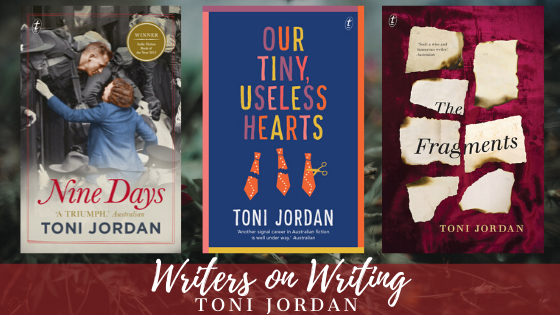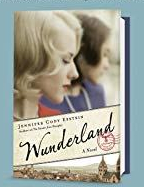
There are other elements to raise a wry eyebrow, not the least of which is the stilted too-correct English of the Austrian émigré Inga Karlson in a café, compared to her later easy use of Americanisms like I’m full up to here those beauties I guess and her angry response to Rachel’s gentle reassurances on p 272: I don’t like to play interstate rivalry games but Brisbane had the reputation of a cultural desert during the Joh Bjelke-Petersen years, so the mere idea of there being any funding for a literary blockbuster exhibition in 1980s Brisbane is quite remarkable. 1980s Brisbane is well-realised, though I did wonder if a sly reference to ‘Jana’ would mean much to anyone not around when Jana Wendt was a prominent journalist on one of the commercial networks. Caddie’s quest, intersecting with her own quest for identity and a satisfactory love life, alternates with Rachel’s hard-scrabble childhood half a century ago in America and her flight from an abusive father.Īlong the way Jordan pokes fun at literary pretensions, scurrilous academics who appropriate the ideas of others, and the commodification of books especially antiquarian books which never get read by their well-heeled owners.

From the moment that, in 1980s Brisbane, Caddie-awestruck by the sell-out exhibition about the iconic author Inga Karlson-meets a mysterious woman called Rachel who quotes a tantalising snippet from Karlson’s lost book which has spawned decades of scholarship, it is obvious that this Rachel is the key to Caddie’s obsession with finding out who else might have read the lost manuscript. Geordie Williamson in his (paywalled) review at The Australian suggests that The Fragments is like a locket, with two images separate but clasped together, and the reader knows that this is true from the beginning. So much so, that when the alternating chapters of her new novel The Fragments leave the reader on a cliff-edge, wondering if a character in America is to survive the latest brutality, violence hangs like a dark cloud over the next chapter, set in the sunny Brisbane of the 1980s though it may be.

Jordan has always been good at creating compelling characters and in The Fragments she shows that she can also portray the bone-crunching realism of domestic violence. But it’s not like The Da Vinci Code where the reader doesn’t really care where the cliff-hanger leads because the characters are so wooden. She is also equally adept at witty repartee, lyrical descriptions of Brisbane in all its moods, and the compelling cliff-hanger.

Toni Jordan is a versatile writer, equally adept at romcoms, farce, historical fiction and now a literary mystery-thriller.


 0 kommentar(er)
0 kommentar(er)
